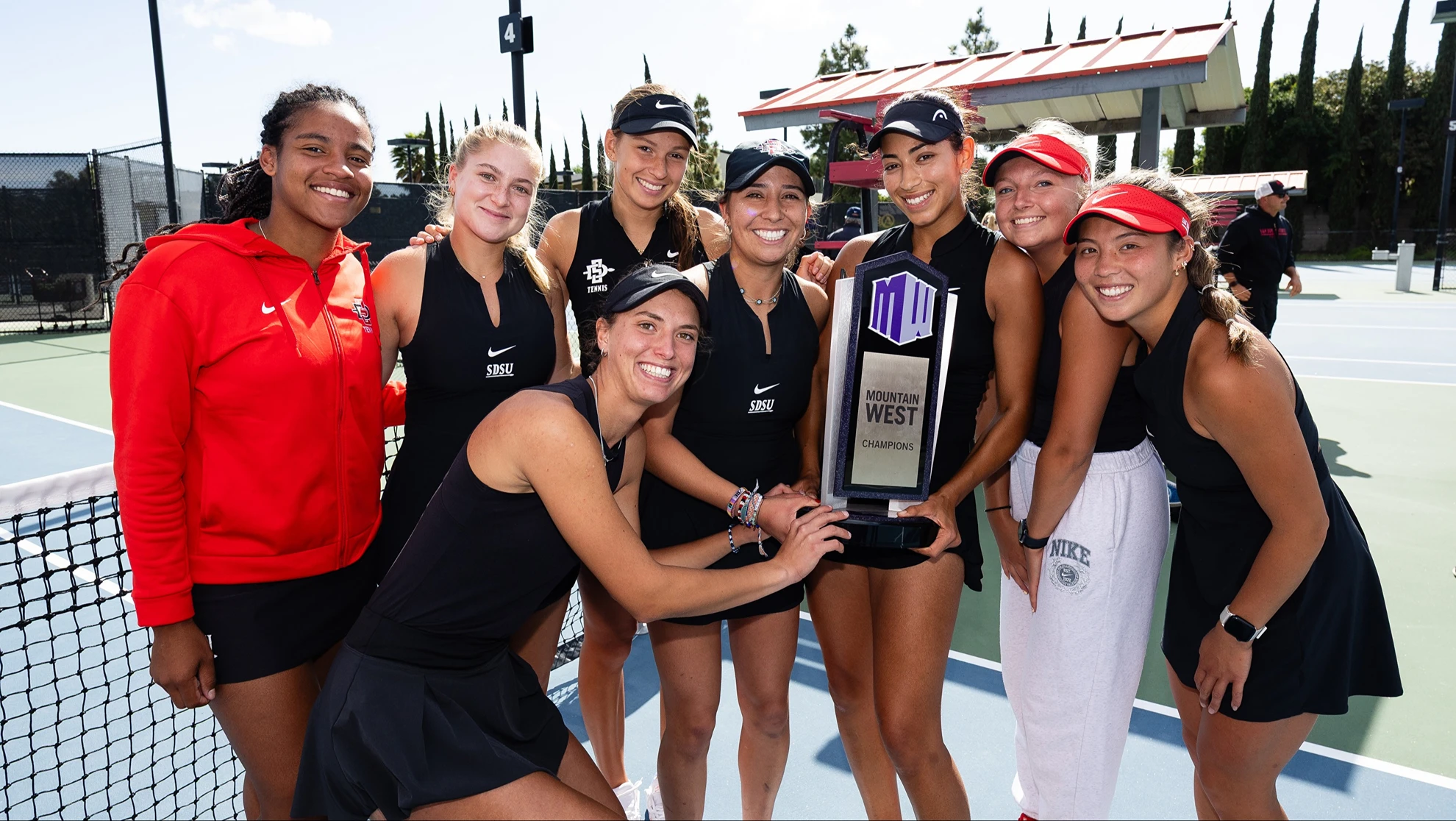Juneteenth: Q&A with Brandon Gamble
The director of SDSU Black Resource Center explains the significance of the holiday celebrated nationally every year between June 13-19.

This article first published Thursday, June 15, 2023.
Juneteenth commemorates the day in 1865 when individuals who had been enslaved were informed of their freedom in the state of Texas.
President Abraham Lincoln signed the Emancipation Proclamation on Jan. 1, 1863, declaring all slaves in the Confederate states were now free. But it wasn’t until June 19, 1865, two months after the end of the Civil War, that the Union Army enforced the executive order in Texas. Black Texans began to celebrate Juneteenth every year at that time, a tradition many Black Americans later adopted.
Juneteenth was declared a federal holiday in 2021, and California is among the more than half of U.S. states that recognize it as an official public holiday.
SDSU NewsCenter’s Susanne Clara Bard asked Brandon Gamble, director of the SDSU Black Resource Center about the significance of the holiday.
Tell me about the history of Juneteenth.
People heard that the North had won the war. Afro-Texans like my grandfather's grandmother were enslaved, so she either heard the proclamations, or someone had to have told her that she was no longer enslaved. A lot of people say that a big celebration spontaneously broke out. One year later, In 1866, the leaders of Galveston organized a celebration with speeches and songs and other proclamations during that time. And many people from Texas celebrated that joyous moment.
There are still questions about what freedom looks like. And I think Juneteenth for all Americans is a time to ask, “What does freedom look like for all of us?”
How did Juneteenth evolve during the 20th century?
There was a movement starting in the 1920s and going all the way through the 1960s of a migration of Black people leaving places like Texas and Louisiana — where Juneteenth was celebrated — and coming to California, in particular. Like my family, and like Henrietta Goodwin, who was the first Black graduate of San Diego State (Editor’s note: In 1913, at the San Diego Normal School). Our families came from Texas to California to get an education, but also to celebrate their sense of freedom. If you're living in the Jim Crow South, being in California may not have had the perfect type of freedom that you may have been seeking, but it was a whole lot better than what was going on with very direct, legal, caustic segregation that was happening in a place like Texas. I know this from firsthand accounts of my family members getting away from people who were trying to lynch them and trying to harm them.
There was a revitalization in the 1960s and 70s of celebrating Juneteenth with the Black is Beautiful movement and other Black Power movements. My mother took me to those kinds of celebrations as a young person.
Since that time — whether it's rap music, protest of police brutality, or the Black Lives Matter movement — there’s been a growing conversation about needing something that particularly talks about Black people's freedom and allows us a moment to envision what a better life would look like.
What is the significance of Juneteenth today and how is it celebrated?
The complaint after a protest is, “So what do you want?” Well, sometimes everyone needs a space and place and time to think that through, and for Black people — and for those who are supportive of them — Juneteenth provides that opportunity. But it's always good to celebrate, and Juneteenth should be a celebration. Because sometimes it can be so heavy for those who are trying to help people have a sense of freedom in their own lives.
You should have a good punch — whether it's hibiscus tea and lemonade, or strawberry soda — commemorating the blood that's been shed, but also the joy and the good time that you're going to have. Somebody sings a song, somebody does a poem, somebody dances, somebody says, “Man, hallelujah! I'm glad we made it over." That's part of the Juneteenth experience.
How can people learn more about Juneteenth?
I think everyone can just take some time to read. A lot of the reading is about the creation of the holiday, and that's important. But I'm more interested in the people's narratives during that time. What was their life like, and when they found out that they were free, what did they do?
It's good to get into that history on the day of Juneteenth. But I think if you're going to support Black people, it needs to be a year-round kind of activity because we're here year-round.
UPDATED JUNE 2024: SDSU will be celebrating Juneteenth from noon to 1:30 p.m. on Friday, June 14 at the Black Resource Center. In observance of the holiday, SDSU and SDSU Imperial Valley campuses will be closed on June 19.



